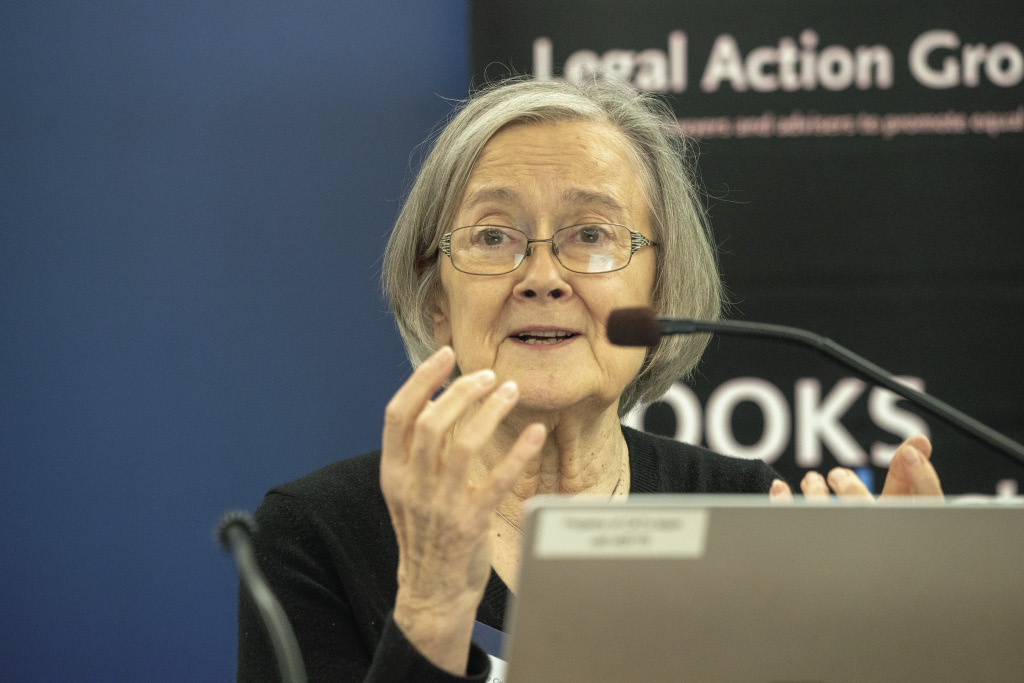
The MoJ is travelling in the right direction but is it too little too late, asks Steve Hynes
It’s 70 years since the modern legal aid system was founded, and Legal Action Group (LAG) celebrated this auspicious occasion with a conference in London last week attended by the great and the good from the legal aid world.
A packed first plenary session heard from Baroness Hale,the president of the Supreme Court. Lady Hale is a long-time supporter of the charity who has described herself in the past as ‘a LAG generation lawyer.’ Her speech focused on family law, and she used a hypothetical example of a woman from Richmond, North Yorkshire—where she went to school—who had experienced domestic violence. She listed the websites and other sources of information the woman could use to navigate her way through the legal system and concluded the help available added up to ‘a patchy picture’ and that ‘technology solutions can help but they cannot replace proper advice from a skilled person.’ Lady Hale also said









